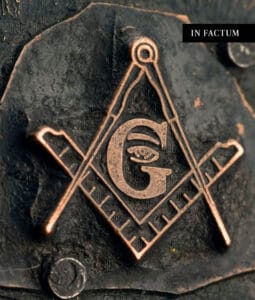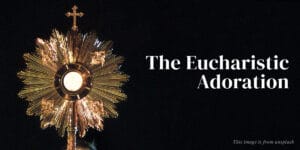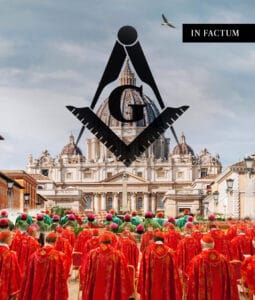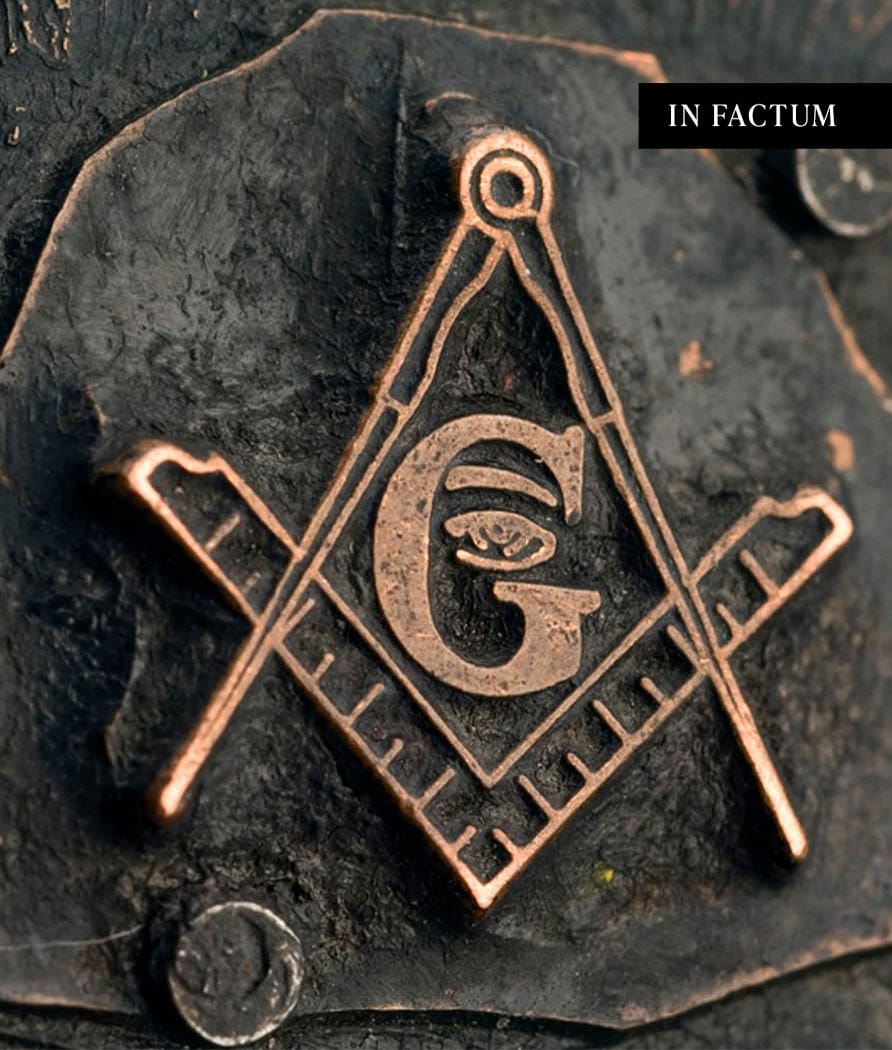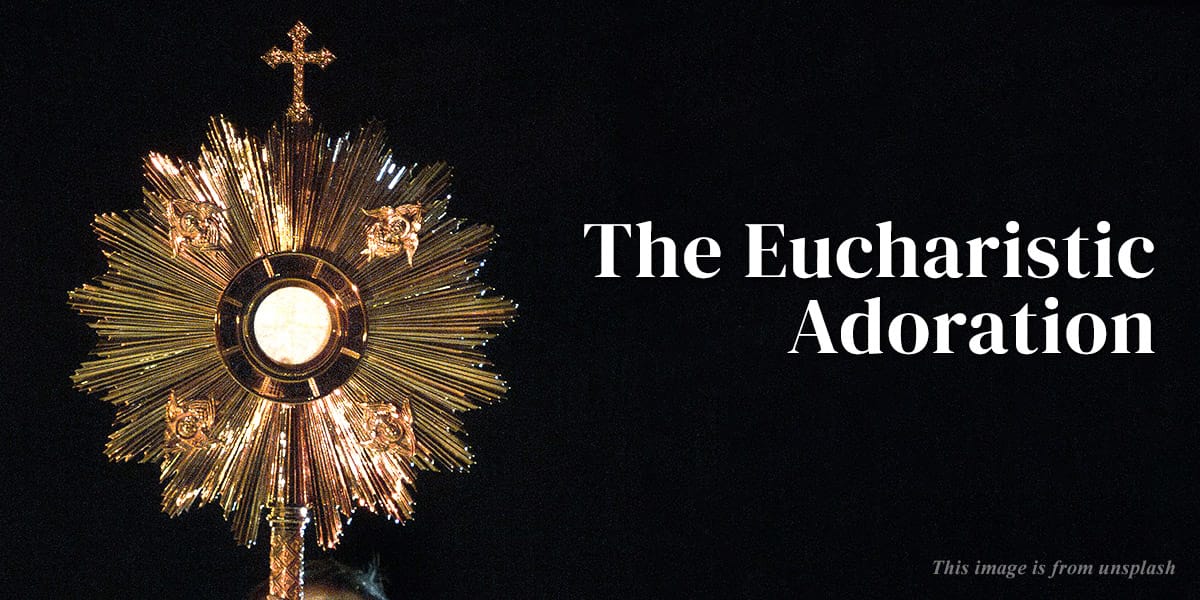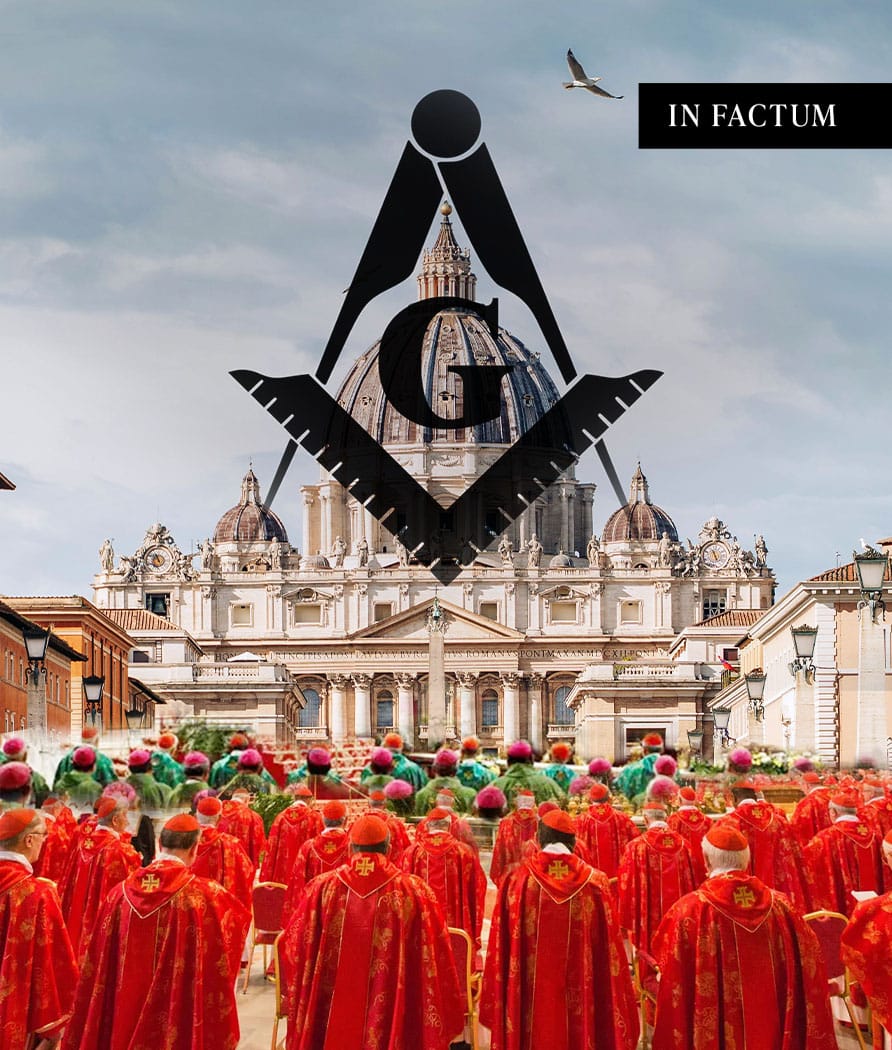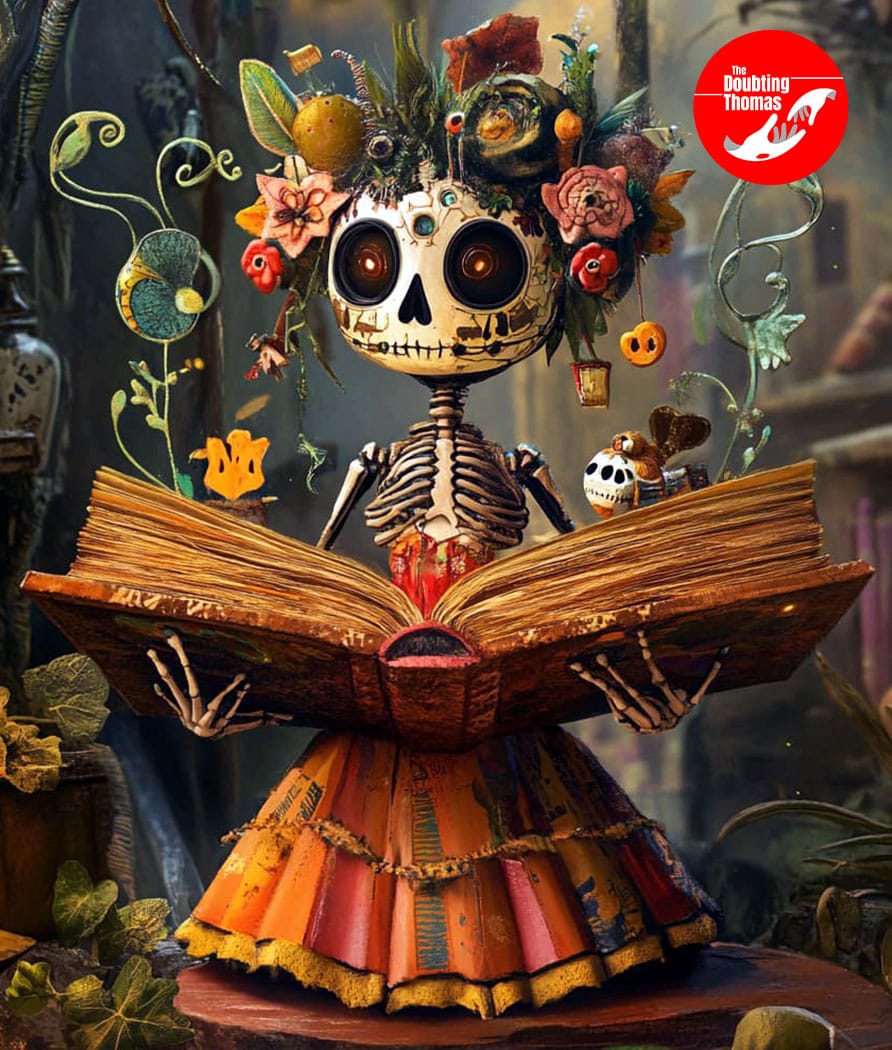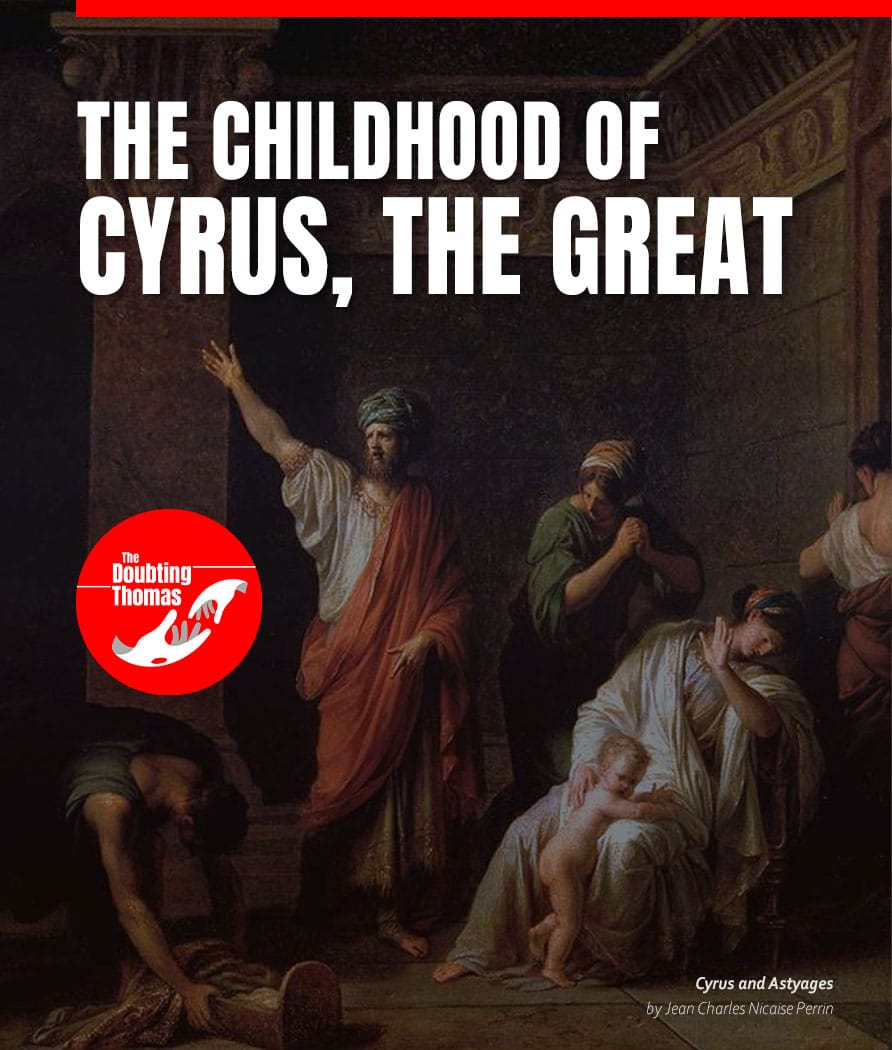Having experienced the dark night of the soul psychologically and spiritually, I believe that I am in the position to correct those who are using too much emotive therapy and the reinforcement of wrong notions just to make a counselee feel good.
My thesis is that prolonging the agony does not necessarily mean healing at all, especially if what is being attempted to be reinforced is a wrong notion and therefore, a possible source of wrong behavior.
Let me begin with the psychological dark night of the soul. Basically, this means a stage or period of personal development wherein the individual human person undergoes a difficult but significant transition. Feeling alone in a meaningless universe, he is unable to bear going through the motions he experiences. The person has no sense of direction for the fact that he has lost all hope there is.
However, after the dark night of the soul, he comes out of the other side as more conscious and mature individual. His enhanced awareness is accompanied by a painful shedding of previous conceptual framework such as how he identifies himself. This is Carl Jung’s Nigredo which he based on alchemy,
Archetypically, as Jung usually employs in this theories deeply, this is akin to Kutabasis in Greek mythology or “soul loss” or “the descent into the underworld” in Shamanism. Or basically, a simple obscuration.
For Hazrat Khan – “There can be no rebirth without the dark night of the soul, a total annihilation of all that you believe in and thought you were.”
Of course, coming face to face with Truth hurts. This happens after the dark night of the soul when one rediscovers himself. One could wail as a newborn child, feeling the atmosphere so different when he was still in the womb where everything was in the dark. But needless to say, all the wailing should stop in favor of new nourishment for only a sick or hungry baby would have the experience of prolonged wailing.
That is why when I give the advice that the dark night of the soul should be cut already, people should listen. Those that prescribe a longer dark night of the soul prefers a longer engagement with pain whence agony is no longer a necessity. And he who prefers a counsel of longer agony prefers the darkness of the soul to continue because he has gotten accustomed to darkness. But why, may I ask, should we linger in the dark? Unless of course, the Truth is still hidden from him. What people would want to linger in pain unnecessarily? Unless there is pleasure akin to sado-masochism.
For the advice to cut the dark night of the soul is done out of love, faith and hope. It is understandable for people who fell out of love to prefer darkness. It is understandable for people with blind faith to desire darkness. And for people without hope to still hide in darkness.
If after the dark night of the soul, the individual still comes out of the other side less conscious or less mature, then the psychology being applied is wrong. If there is no painful shedding of the usual conceptual framework and his identity remains unhealthy and hopeless, then psychology being implemented is in error. The less cluttered the mind is, the more it can appreciate light. But the irate and suspicious mind thrives in darkness.
On the other hand, the Spiritual Dark Night of the Soul does not concern with psychological loss and rediscovery of one’s true identity. It is for more transcendent and encompassing. To understand this better, I am quoting here in full the originally untitled poem of the mystic St. John of the Cross which for centuries became known as “The Dark Night of the Soul”.
The Dark Night of the Soul
By St. John of the Cross
Translated by David Lewis
I.
In a dark night,
With anxious love inflamed,
O, happy lot!
Forth unobserved I went,
My house being now at rest.
II.
In darkness and in safety,
By the secret ladder, disguised,
O, happy lot!
In darkness and concealment,
My house being now at rest.
III.
In that happy night,
In secret, seen of none,
Seeing nought myself,
Without other light or guide
Save that which in my heart was burning.
IV.
That light guided me
More surely than the noonday sun
To the place where He was waiting for me,
Whom I knew well,
And where none appeared.
V.
O, guiding night;
O, night more lovely than the dawn;
O, night that hast united
The lover with His beloved,
And changed her into her love.
VI.
On my flowery bosom,
Kept whole for Him alone,
There He reposed and slept;
And I cherished Him, and the waving
Of the cedars fanned Him.
VII.
As His hair floated in the breeze
That from the turret blew,
He struck me on the neck
With His gentle hand,
And all sensation left me.
VIII.
I continued in oblivion lost,
My head was resting on my love;
Lost to all things and myself,
And, amid the lilies forgotten,
Threw all my cares away.
Now, from the first to the eighth stanza, which completed the poem, there is no hint of pessimism or negativism here. St. John of the Cross writes about two lovers hiding and seeking in a happy, lovely night. Even “the night which was more lonely than the dawn” lends itself into a fluid metaphysical meld as it keeps up with the lovers. It is rather an unusual night of unusual gestures such as the striking of the neck with a gentle hand so that all sensations leave. God, as a lover, is full of mysteries but just the same, the mystic delights in the experience as in the apostrophic rendering of the night as a guide and as a unifying presence for those in love. Such as in the end, there is nothing pensive concerning the coming of the night, just the tript when the house is already at rest and the meeting that enables one to be “lost in all things” and throw “all cares away”.
Evidently, the “obscura noche” here is the little anguish or agitation that a mystical lover experiences when he is imprisoned in conventional norms that society may dictate such as the new world order rules and regulation or in itself, the unconventional spirituality which a saintly life requires.
But no, the spiritual dark night of the soul is only by appearances dark and difficult such as finding God in the darkness of this world but it is in fact cheerful because of the intent of finding God as one’s lover and even festive to make one forget everything in the presence of the Loving God.
Therefore, the dark night of the soul is essential in providing one’s soul true inspiration possible only in the mysterious embrace of God’s Spirit.

